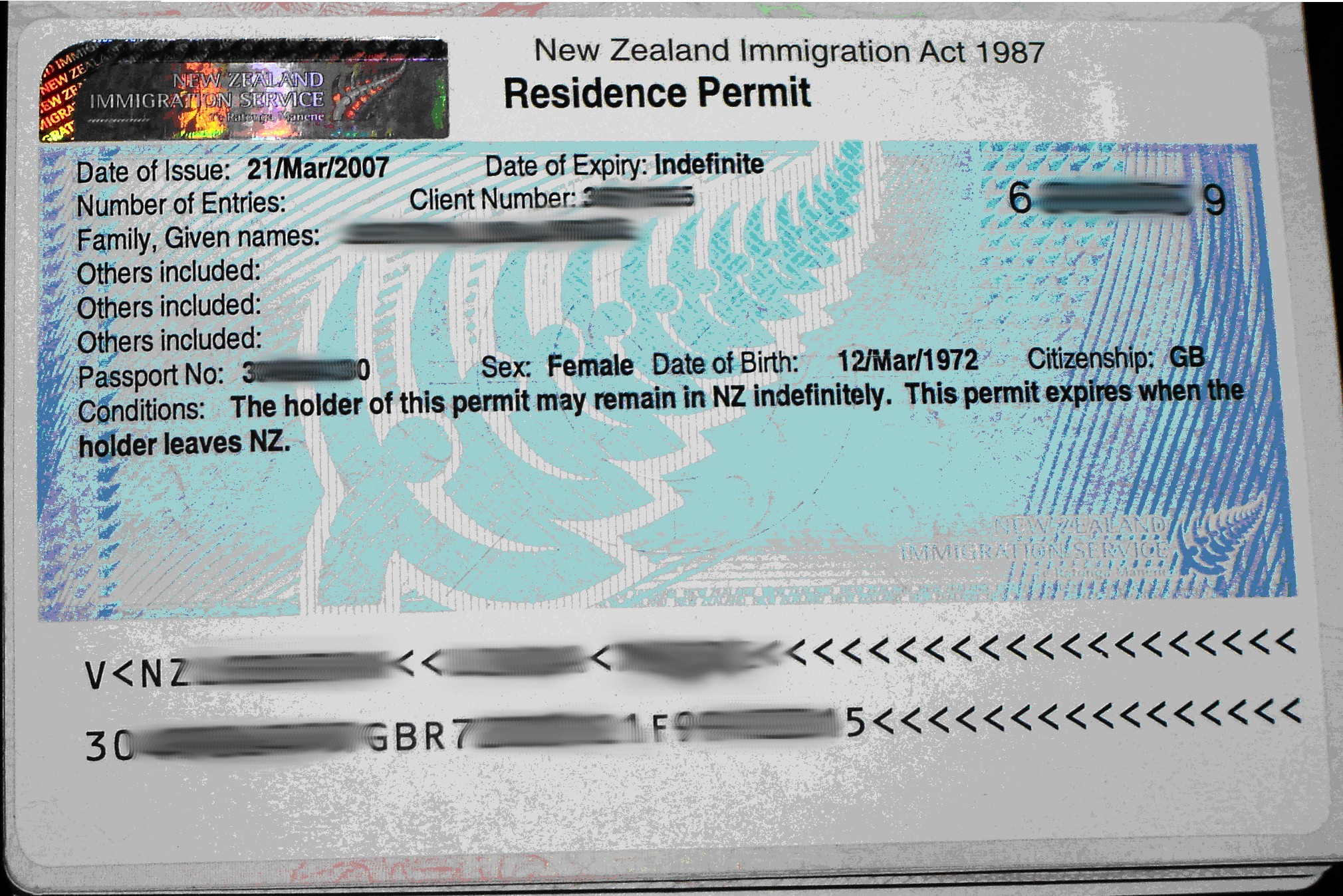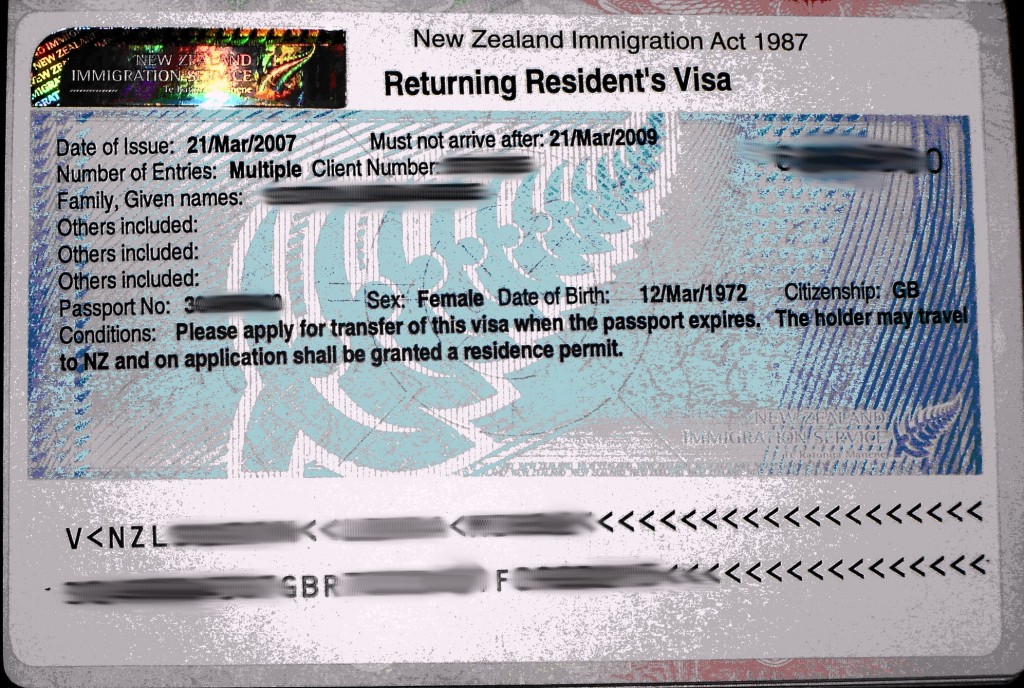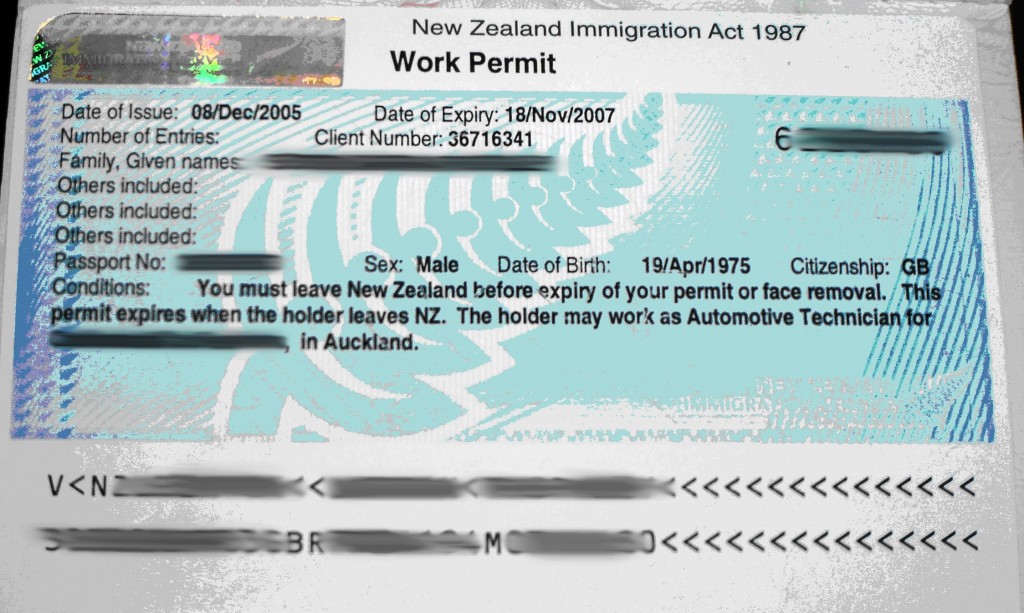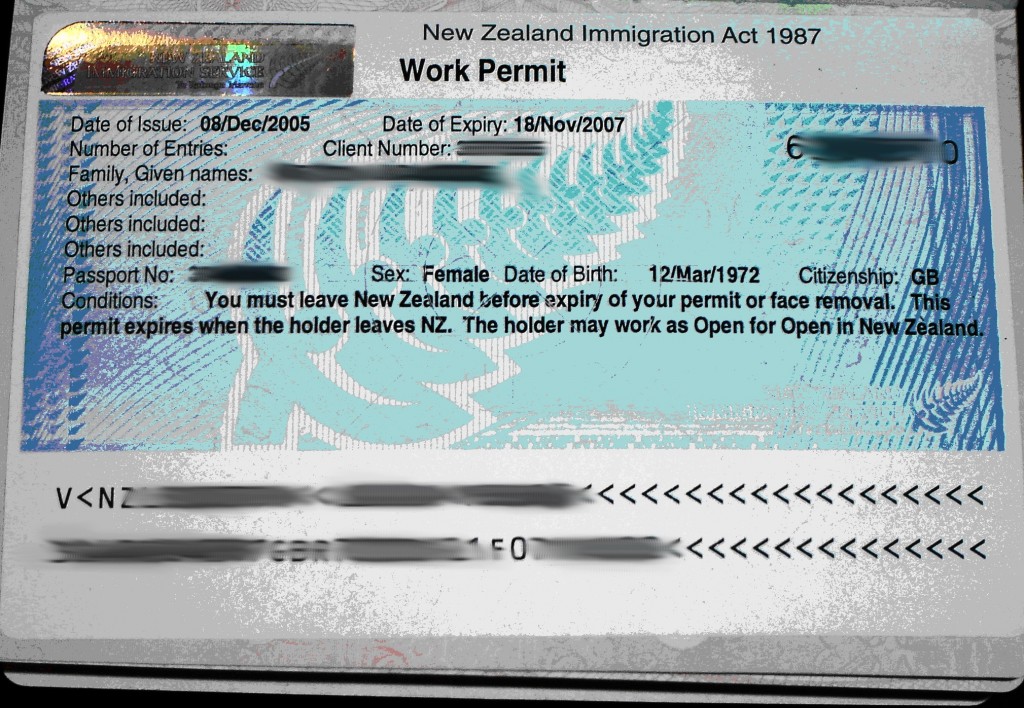PLEASE NOTE : 

The New Zealand Police recently informed the representatives of all the foreign countries represented in New Zealand that they are exiting from taking fingerprints for Immigration purposes which consequently will include the identification of persons on the passport application forms and the certification of the photographs of applicants.
As an alternative, they introduced NZ Post to take over the task and will render the service at a fee.
The South African Identification Act and the South African Passport and Documents Act, 1994 (Act No. 4 of 1994)clearly describes that in foreign countries, only the South African High Commission staff may take the fingerprints and do the identification and certification of applicants and their photographs. As an extension, it was granted that the Police in foreign countriesmay perform the task, but with the exiting of the New Zealand police, there is no alternative but that the South Africans will have to visit the SA High Commission in Wellington for assistance.
As per information on the SA Police Services (SAPS) website, the same rule applies that only the South African High Commission staff and Police in foreign countries may take fingerprints for the purpose of obtaining South African police clearance certificates.
******Obtaining approval from the Minister of Home Affairs that NZ Post may be authorized to perform the task for SA nationals is also not a possibility as NZ Post use an electronic system not acceptable or compliant for the uniquely barcoded application forms used.
NZ Post fingerprinting will go live in Auckland as from 22October 2013. As from this date, the NZ Police in Auckland will no longer assist with fingerprinting for Immigration purposes. They will direct applicants for passports/identity documents and police clearances to contact the SA High Commission to make appointments to submit their applications in person at the South African High Commission.
NZ Post is gradually going to expand their fingerprinting Service to other centers after the Auckland project. NZ Police will continue rendering fingerprint and identification services to Immigrants in the areas where NZ Post has not yet established these Services and once established in a specific center, the NZ Police will discontinue rendering the service.
We call on all applicants not to engage in arguments regarding this matter with the SA High Commission staff as this is situation which was created beyond their control. It is further counter-productive where they already have limited staff and must now manage the increased work load.
For the sake of order and planning, applicants must please book appointments for fingerprinting with the Office of the South African High Commission. To save costs for the South Africans, Special arrangements have been made regarding applicants for passports under the age of fifteen years and 4 months. Please enquire from the staff regarding this when contacting the Mission.
Please note:
It is crucial that appointments are made prior to arriving at the SA High Commission to assist the public as orderly and efficiently as possible. Merit cases where proof is submitted will be accommodated without appointments. However, South Africans are encouraged to ensure that they always have a valid passport. This is a daily phenomenon that South Africans, under extreme emotional stress when there is death or severe illness with family in South Africa have to rush to apply for emergency and temporary passports as their passports had expired years ago.
Contact details:
Tel : 04 815 84 84
e-mail :[email protected]
Address: South African High Commission, 1 Willis Street, State Insurance Towers, Level 7, Wellington 6146
Looking forward to meeting fellow-South Africans!











